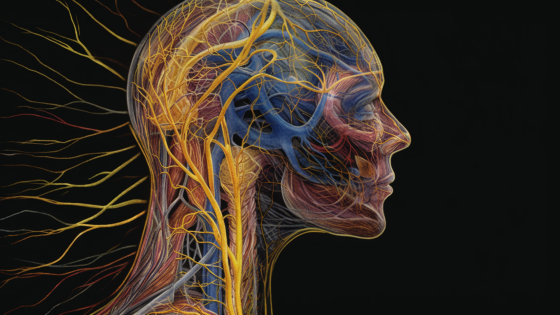Frontiers in Neuroscience II: How the Brain Senses
Luego de la visita del Premio Nobel de Medicina 2021, Ardem Papapoutian, a la USFQ y a la gran acogida de sus conferencias acerca de los últimos avances en neurociencia y a la demanda del público, la USFQ organiza una nueva edición de “Frontiers in Neuroscience II: How the Brain Senses”, un ciclo de conferencias con expertos de Harvard University, Duke University, University of Kyoto, University of Cambridge y otras instituciones que están en la vanguardia de la investigación científica sobre los nuevos hallazgos, y cada vez más sorprendente, relación entre el intestino y nuestro cerebro.
Este ciclo de conferencias va dirigido a médicos, ingenieros, biólogos, biotecnólogos, neurocientíficos, psiquiatras, psicólogos, terapeutas, pacientes y divulgadores científicos que se preocupan por las relaciones intestino-cerebro y todos los misterios que estos órganos abarcan; desde la alimentación hasta el estado de ánimo, y cuál es el papel que juega el intestino para mejorar la salud humana y el mundo en el que vivimos.
Miércoles 31 de mayo de 2023
El evento inicia a las 09h00 con el registro de los participantes.
Ponentes
Speakers Internacionales
(Charlas en inglés)
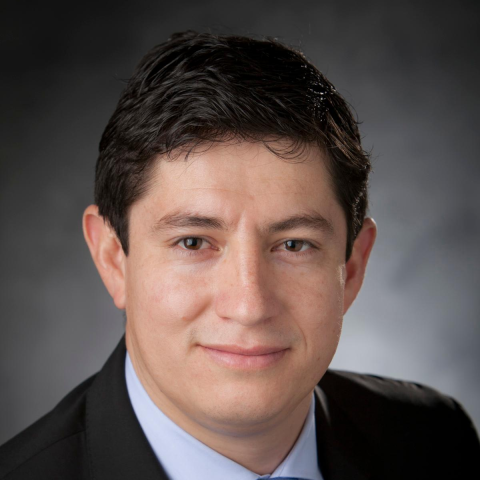
Diego Bohórquez
diego.bohorquez@duke.edu
Duke University, USA
Diego’s expertise is a rare, but synergistic, blend of nutritional biochemistry, gastrointestinal physiology, and sensory neurobiology. His ambition is to uncover the neural circuits that allow the brain to perceive what the gut senses. Diego believes that this knowledge will serve two purposes: 1: It will be a foundation to treat the brain from the gut, and 2: It will uncover routes through which pathogens may access the brain and cause neurodegenerative diseases.
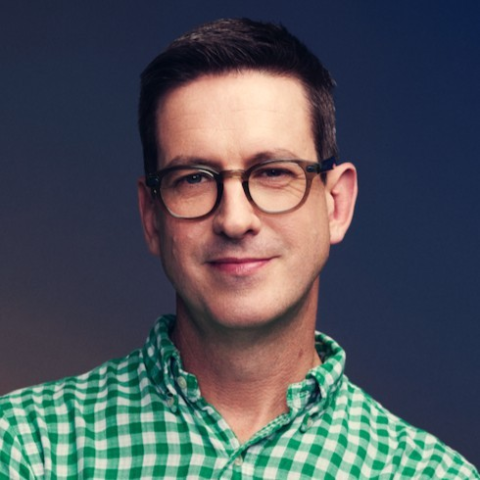
Greg Gage
gagegreg@backyardbrains.com
Backyard Brains, USA
As neuroscience Ph.D. students at the University of Michigan, Greg Gage experimented with discussing neuroscience with middle school children. He and co-founder Tim quickly realized that there was no way to demonstrate compelling experiments like the ones from their research lab to the kids they were working with. The equipment was too big and too expensive. So they endeavored to fix that. Founding Backyard Brains (BYB) in 2009, Tim and Greg used off-the-shelf electronics and readily-available products to create kits that would let kids learn about neuroscience at an earlier age. The first Spikerbox was born, a hand-held device able to provide insight into the inner workings of the nervous system and record living "spikes" ... the messages of neurons in the brain.
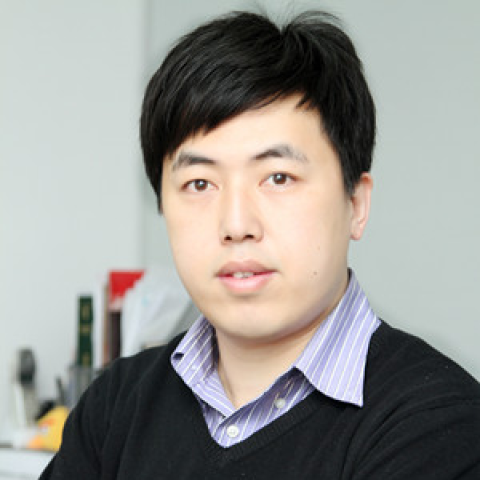
Yulong Li
yulongli@pku.edu.cn
Peking University, China
The biggest challenge to study brain is its complexity. The Li lab's research centers on "synapse", the fundamental unit for the communication between brain cells, called neurons. They carry two layers of research: first, develop cutting edge research tools, namely advanced imaging probes, to untangle the complexity of nervous system in space and in time; second, capitalizing on the advancement of research toolkits, to study the regulation of synaptic transmission, focusing on the modulation of presynaptic transmitter release in health (e.g. sleep) and in disease conditions (e.g. neurodegenerative disease).
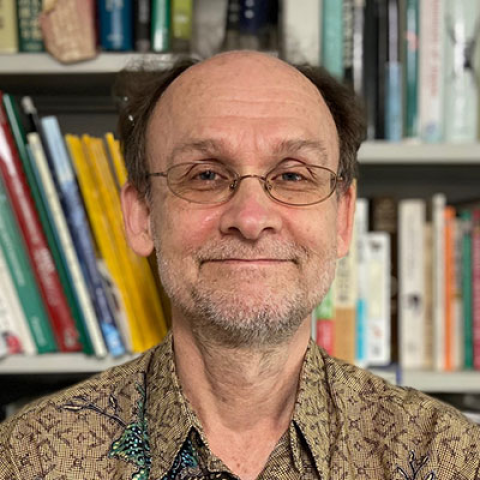
Michael Huffman
huffman.michael.8n@kyoto-u.ac.jp
Univeristy of Kyoto, Japan
The various research interests and fields Mike has played a role in pioneering, inspired by the primates he has observed and the people he has worked with, include cultural primatology, female mate choice, primate host-parasite ecology, and animal self-medication. These studies have led to work in ethnobotany, reproductive physiology, behavioral endocrinology, phylogeography, and historical primatology. Along with investigations on free-ranging and captive Japanese macaques for over 40 years, Mike studied wild chimpanzees at four field sites in Tanzania and Uganda between 1985 and 2004. Since 2004, he has been working mostly on macaques and langurs across Asia, with field studies in Sri Lanka, Taiwan, India, Indonesia and Vietnam.
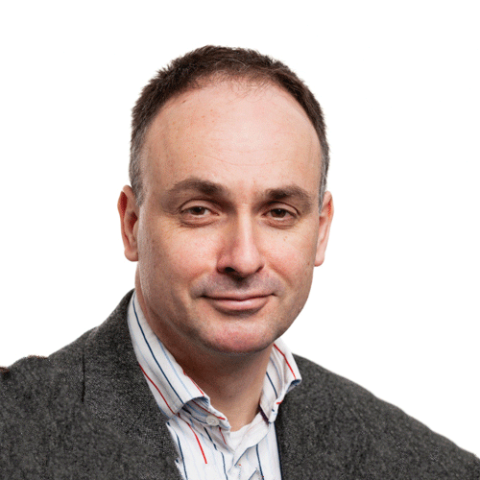
Frank Reimann
fr222@cam.ac.uk
University of Cambridge, UK
Research in the Reimann lab is currently focusing on enteroendocrine cells, especially glucagon-like peptide-1 (GLP-1) secreting cells, which they hope to target in the treatment of diabetes and obesity. GLP-1 secreting cells are electrically excitable and respond to changes in ambient nutrient supply through electrogenic uptake and an increase in action potential firing frequency. They also started to work on GLP-1 target cells including enteric and affarent autonomic neurons. In addition they have a longstanding interest in nociception, characterising ion channel mutations found by Geoff Woods group in inherited pain disorders.
https://www.neuroscience.cam.ac.uk/directory/profile.php?fr222
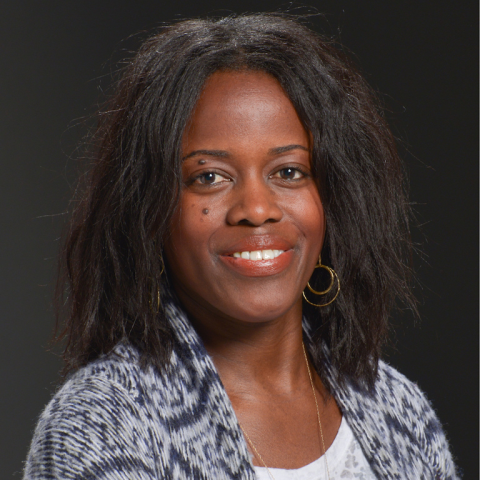
Mande Holford
mholford@hunter.cuny.edu
Hunter College, USA
Venom can kill... or it can cure. Marine chemical biologist Mandë Holford researches animal venom, from killer sea snails to platypuses and slow lorises, she explores its potential to one day treat human diseases like cancer. Someday, snail venom might just save your life.
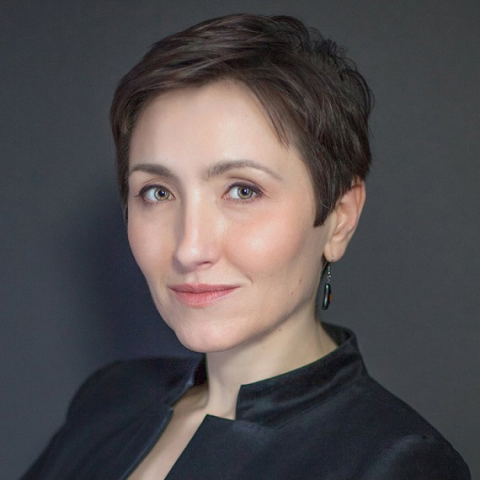
Dragana Rogulja
Dragana_Rogulja@hms.harvard.edu
Harvard University, USA
The Rogulja lab is currently using flies and mice to ask questions such as What is the biological basis for sleep need? How is sensory information prevented from arousing the brain during sleep (i.e. how is sleep depth regulated)?
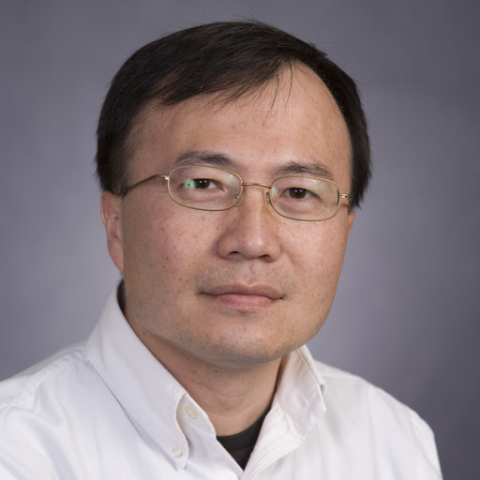
Jing Wang
jw800@ucsd.edu
UCSD, USA
The olfactory sense is essential for basic animal behaviors such as finding food, avoiding predators, and locating mating partners. Understanding the mechanism of olfaction has been accelerated by the discovery of an olfactory map at the first synapse. The Wang lab's current research aim to identify specific neural circuits underlying olfactory behaviors, investigate how different physiological states of an organism modulate the function of olfactory circuits, and establish causality between neural plasticity in specific neuron populations and olfactory behaviors.
Speakers Nacionales
(Charlas en español)
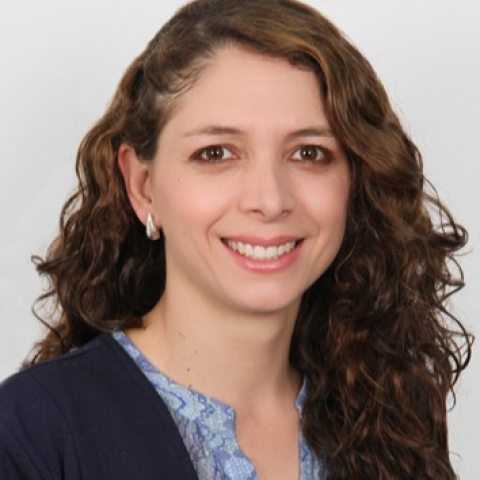
Natalie Izurieta
nizurieta@usfq.edu.ec
USFQ, Ecuador
Mis campos de interés en investigación son la salud mental, la psiquiatría biológica y neurociencias. He investigado sobre el sueño, el condicionamiento social, la cognición social, el reconocimiento de emociones faciales. Mi punto fuerte son los trastornos de personalidad. Tengo experiencia con técnicas como la resonancia magnética funcional y el electroencefalograma (potenciales relacionados a eventos ERPs).
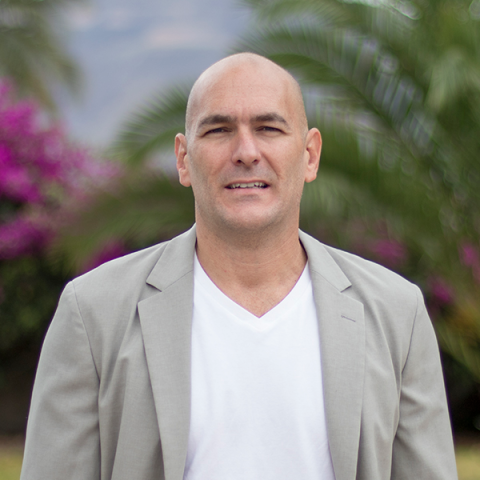
Frank Alexis
falexis@usfq.edu.ec
USFQ, Ecuador
Intereses de investigacion: Estudiar fibras naturales de origen vegetales considerando la biodiversidad que afecta las propiedades de las fibras. Probar las fibras vegetales para diferentes applicaciones que incluye inmunoestimulacion, antibacteriana, y antiviral.
Agenda
El 31 de mayo del 2023 se encontrarán el intestino y el cerebro en la USFQ.
Organiza USFQ con el apoyo de Gastronauts Inc.
Talks 15 min + 5 min questions
| Hora | Actividad |
|---|---|
| 09h00 – 10h00 | Registro de participantes. |
| 10h00 - 10h05 | Apertura Diego Quiroga, Rector USFQ |
| 10h05 - 10h10 | Preámbulo Maria de Lourdes Torres, Coordinadora Biotecnología USFQ |
| 10h10 - 10h30 | El instinto detrás de la medicina The instinct behind medicine Michael Huffman Kyoto University |
| 10h30 - 10h50 | Respuestas cerebrales a expresiones emocionales ambiguas Natalie Izurieta USFQ |
| 10h50 - 11h10 | Matando el dolor con el veneno Killing pain with venom Mande Holford Hunter College New York |
| 11h10 - 11h30 | Break |
| 11h30 - 11h50 | Detectando proteínas en la dieta How we detect protein in the diet Jing Wang University of California San Diego |
| 11h50 - 12h10 | ¿Cómo la proteína nos adormece? How protein make us sleepy Dragana Rogulja Harvard University |
| 12h10 - 14h00 | Lunch Por cuenta del participante |
| 14h00 - 14h20 | ¿Cómo el intestino reconoce el alimento? How the intestine recognizes food Frank Reimann Cambridge University |
| 14h20 - 14h40 | Fibras vegetales para modular la microbiota del intestino Frank Alexis USFQ |
| 14h40 - 15h00 | Democratizando la neurociencia Democratizing neuroscience Greg Gage Backyard Brains |
| 15h00 - 15h20 | Break |
| 15h20 - 15h40 | Viendo al cerebro en acción Seeing the brain in action Yulong Li Peking University |
| 15h40 - 16h00 | Sabiduría visceral The wisdom of the gut Diego Bohórquez Duke University |
| 16h00 - 16h10 | Clausura Carlos Montúfar, Presidente USFQ |
Valor
$30 hasta el domingo 21 de mayo de 2023, incluye certificado de participación.
$50 a partir del 22 de mayo de 2023, incluye certificado de participación.
$30 para toda la comunidad USFQ.

